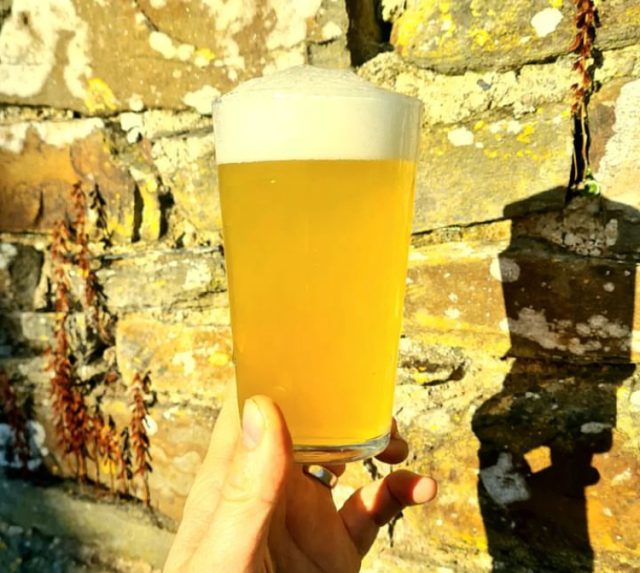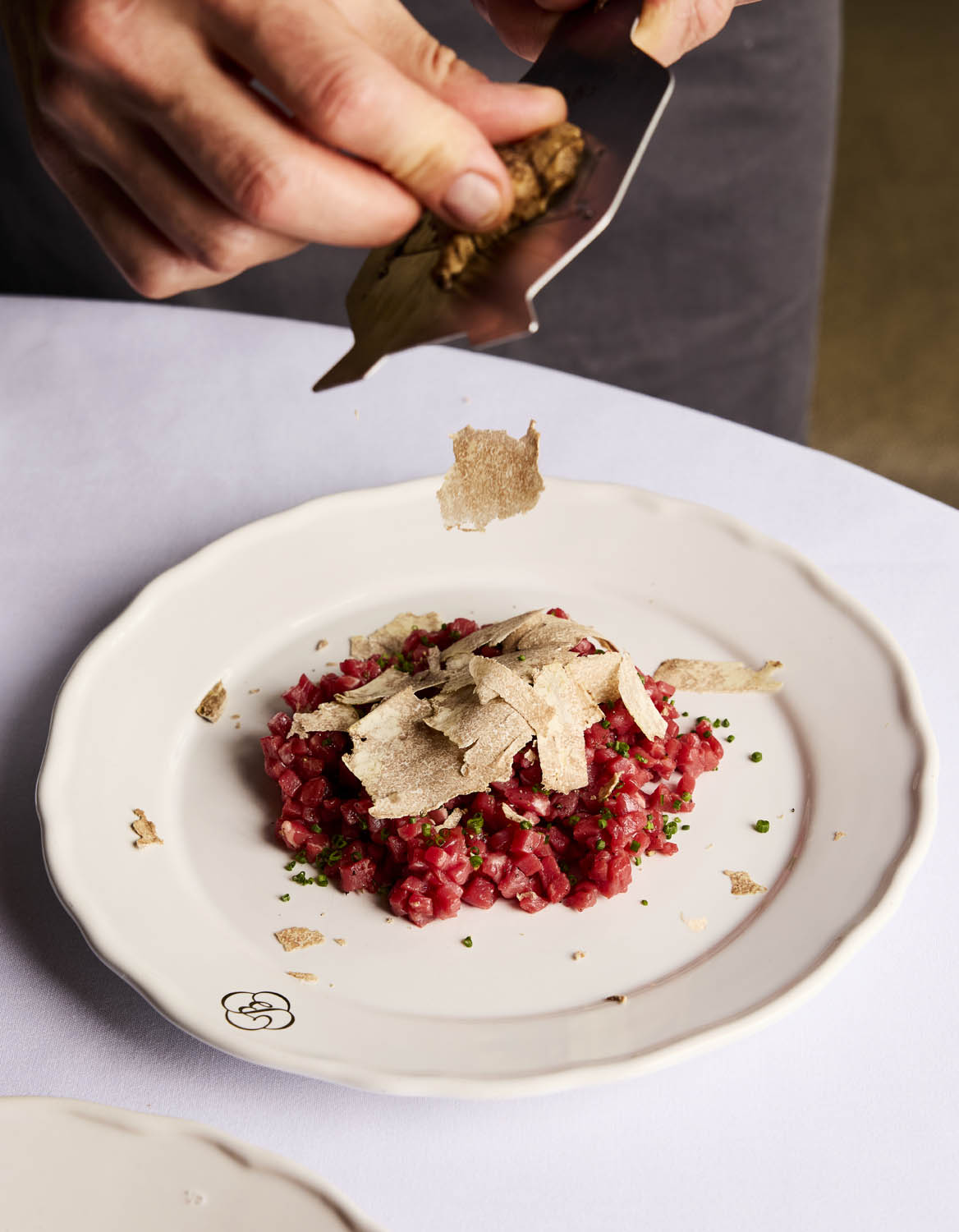Why ‘Field Beer’ resonates with craft’s growing discernment
James Rylance, founder and head brewer of Ideal Day Family Brewery, is better known for having created some of Britain’s most influential beer recipes such as Beavertown’s Gamma Ray. Now, he has spoken out about where he’s taking our taste buds next — to something called “Field Beer”.

Speaking to the drinks business, Rylance, who now runs Ideal Day with his wife Nia in Cornwall, highlighted how the beer that they are now brewing differs from adjunct-led styles and leans more towards a beer fan who has grown up.
Rylance explained: “Field Beer is in many ways the coming together of all my years of brewing, that journey for the perfect drinking beer. [A beer] that can be sipped and enjoyed or pints can be sunk as the quiet, reassuring accompaniment to friends being together, simple and complex, refreshing and depth of flavour.”
He revealed that “the name ‘Field Beer’ came to us because we wanted to put focus on the fields and agriculture of the regeneratively grown wheat which plays a big role in the beer” and observed how “the wider ‘craft’ beer scene is at additives —either ultra processed hop extracts or fruit flavourings to facilitate the demand (or perhaps the diminishing attention span) for novelty, whilst not putting pressure on ever-squeezed margins by being convenient and cheaper”. But described how ‘Field Beer’ was an evolution to that, because craft beer fans will, ultimately, grow to appreciate nuance and complexity once the radicalisation of faux flavour loses its appeal.
But what has provoked this movement? According to Rylance, it’s a natural progression for him and something he learned from his time at The Kernel — how simplicity and complexity can paradoxically co-exist in a truly great beer.
He told db: “After working for some great breweries and being inspired by brewers all over the world, all those ideas and [that] knowledge fed into creating ‘Field Beer’.”
Rylance revealed how “right at the start, Evin [O’Riordan founder and head brewer at The Kernel, based in Bermondsey] said to me ‘beer is all about balance’ [but] I shrugged it off as a cliché [and] it has taken me over a decade to understand what that cliché means: It’s that tightrope of having seemingly counterintuitive ideals coexisting and working in harmony. It’s simplicity and complexity, crisp refreshment and depth of flavour, statement and quietness. We called it ‘Field Beer’ because we wanted to create our own lexicon to give ourselves room from the reductive prescribed ideas of pre-existing styles”.
In essence, Rylance admitted that it was a chance to “create something new” and said that the term “also hopefully empties the drinker’s pre-expectations” and allows them “to just drink and enjoy a beer for what it is”.
Partner Content
Rylance said: “When you’re working with simplicity there is no veil of noise to hide behind, what you’re tasting is those ingredients in their rawest and most direct state. We use whole leaf British hops from one farm, we use regeneratively-grown raw YQ population wheat, heritage malted barley and expressive microbes and that’s every beer we make.”
He asserted “When I started out, I wanted to put everything in a beer. At the start of craft beer in the UK we were young and thought we were reinventing beer. Then you grow up, get more skilled at brewing and realise every random ingredient has already been used and now it’s time to make the best beer you possibly can and, for us, right at the core of that is simplicity, quality of ingredients and skill.”
Rylance explained: “The idea of brewing to style is a very new idea, there was much less conformity because there was much less standardisation and homogenisation. It’s a chicken and egg thing, if brewers don’t express themselves and try to develop their own voice the drinker doesn’t get to experience anything new. If the drinker doesn’t experience the diversity of beers, then there’s less demand, so brewers won’t produce it. Eventually, you just have to put your hand up and do something different and interesting and hope it resonates. You also have to believe in what you are making.” He mused: “I think alot about Allagash White and the journey that beer took.”
‘Field Beer’ was the first beer Ideal Day ever brewed and for its first year all of the Rylance family’s beers were in keg with the occasional cask. From early 2024, however, Ideal Day will start bottling and the first beer will be known as ‘Field Beer’.
Rylance added: “We’ve had so many people who have little cafes, bakeries, farm shops get in touch who don’t have keg lines who aren’t necessarily craft beer places but share our ideas of making and want to try the beer, it will be lovely to be able to send them some bottles. I love bottles and bottle-conditioned beers, [and] when I’m thinking of what I want to make next, I have a little exercise: I close my eyes and imagine beer being poured into a glass and drinking. What I imagine that beer to be is what I create, and in that visualisation the beer is always in a bottle.”
To read more about Rylance’s journey towards creating Ideal Day Family Brewery, read more here.
Related news
Carlsberg Hong Kong expands no and low alcohol portfolio




